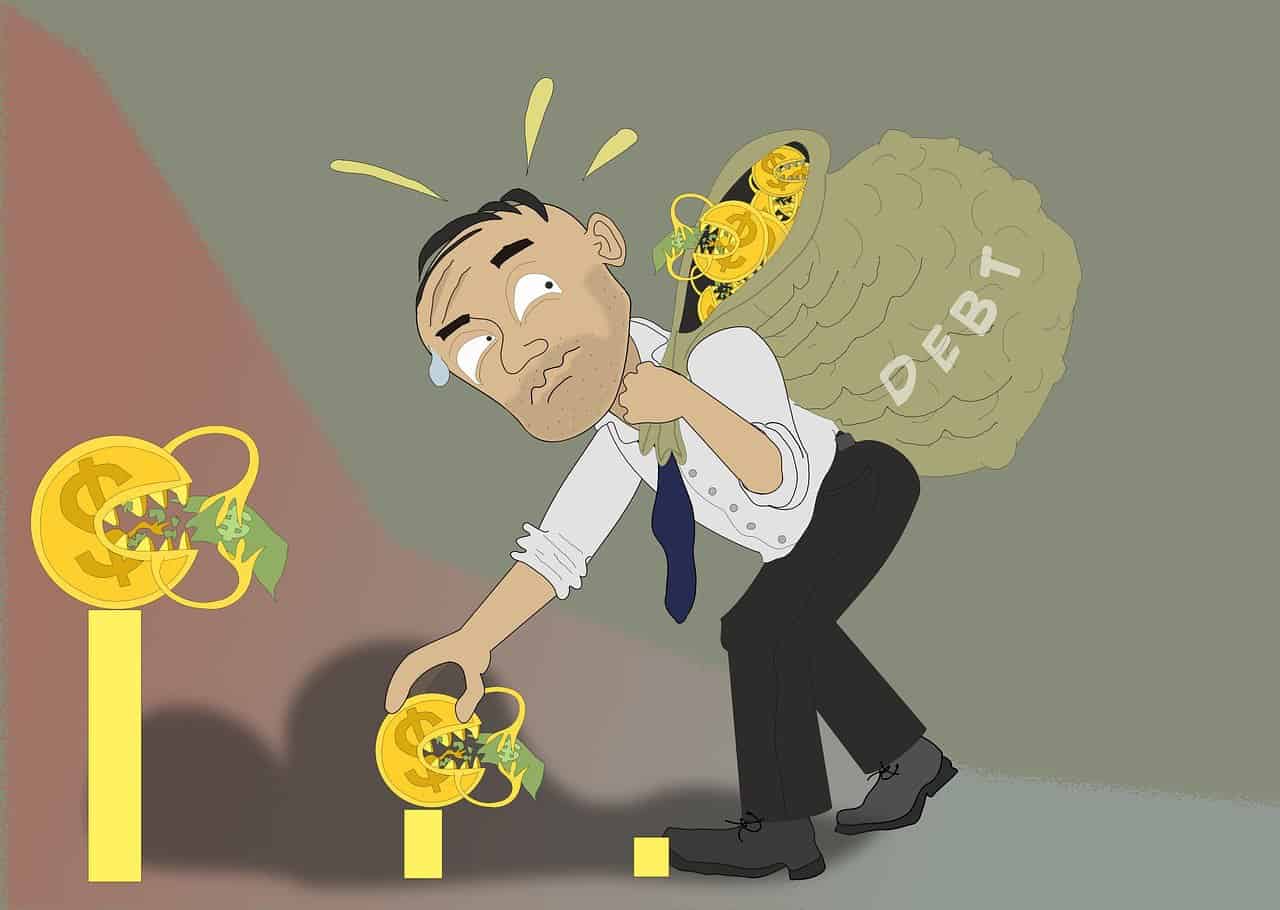According to the International Center for Economic Policy for Sustainable Development (CINPE), 25% of those who request loans do so to cover basic needs such as the purchase of food, personal expenses, or the payment of services.
“Individuals resorting to debt for necessities like food or household services reflects the economic plight of a segment of the population dealing with job losses, income sources vanishing, and facing dire circumstances. These are debts incurred for day-to-day expenses, signaling economic desperation,” noted Leiner Vargas, economist, and researcher.
The survey further disclosed that in Costa Rica, 30% of individuals carry active debt. Moreover, these loans, alloted for routine expenses, signify a tremendous effort to uphold a living standard that’s no longer sustainable, potentially leading to long-term financial troubles.
“Such credit types have seen an uptick, indicating an inability to maintain current living standards, with individuals exerting extraordinary efforts, essentially spending beyond means today, risking insolvency tomorrow,” Vargas added.
Another revelation from the study is that at least 5% of the population admits to accessing “shark loans” (“gota a gota” credit), with 54% being men, primarily aged between 35 and 44 years old. Among those resorting to informal indebtedness, individuals with incomplete secondary education (30%) and those with only completed primary education (25%) are prevalent. Additionally, 75% of these individuals claimed to have never received financial education, while 33% don’t tend to budget their expenses.
Factors influencing individuals to opt for “shark loans” vary: 20% cite loss of creditworthiness due to non-payment in the formal sector, 18% were unable to access the regulated financial market, and 16% claim their payment capacity doesn’t permit further formal borrowing.
The Office of the Financial Consumer (OCF) cautioned that Costa Ricans might be grappling with informal debts nearing ₡44,000 million.
“This loan has entrenched itself in the country. Assuming a conservative estimate of loan amounts, it’s reasonable to infer that a considerable sum has been distributed through this form of credit. We should also contemplate the potential for even greater average loan sizes, along with accruing interest payments, underscoring a noteworthy phenomenon,” commented Danilo Montero, the general director of OCF.
Although Costa Rica’s economy has been praised by international organizations, many worry that those who need it the most aren’t reaping the benefits. Several deputies have questioned the government, indicating that the good macroeconomic numbers have come at the cost of reducing social investment and leaving behind those who need it most.






